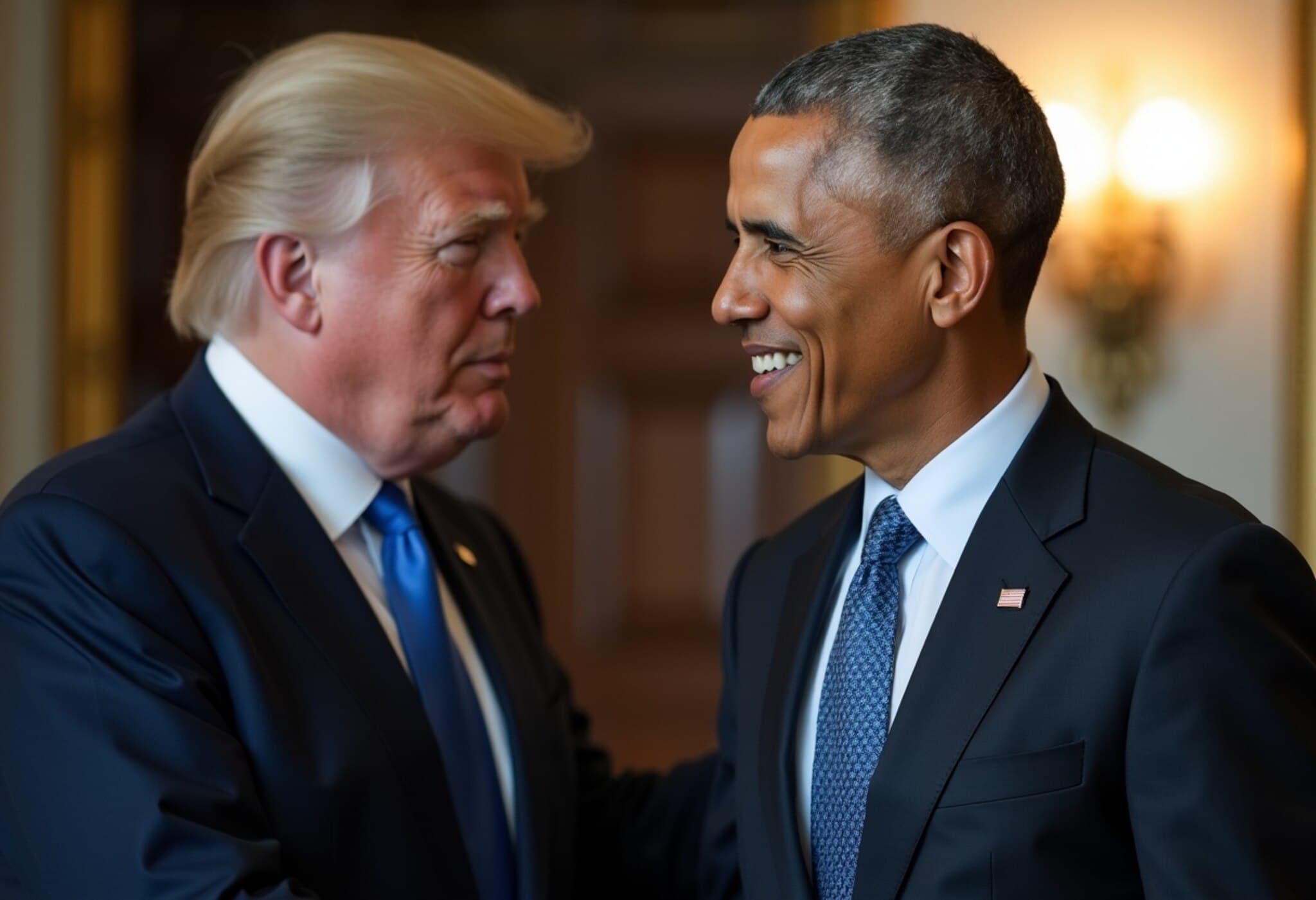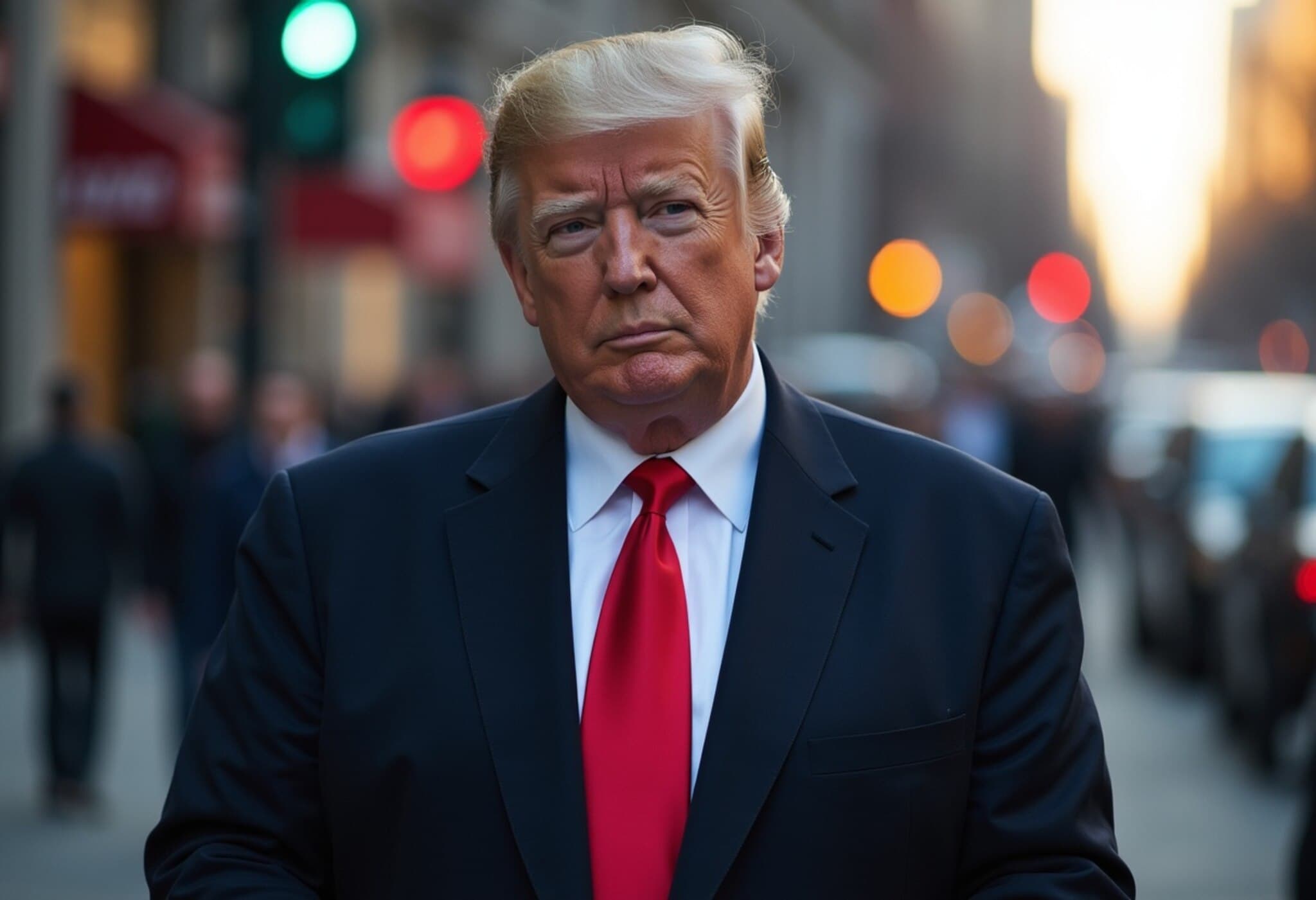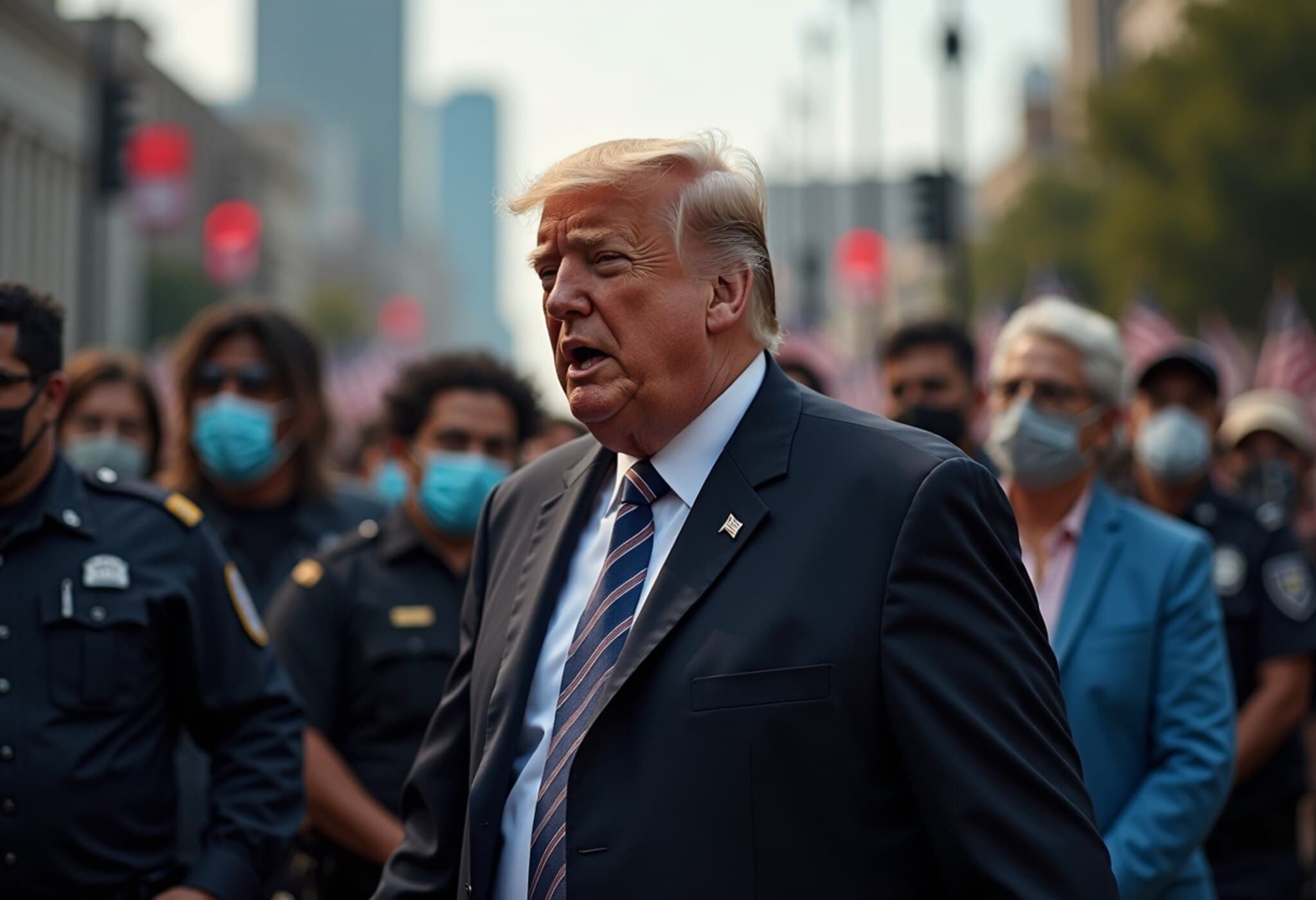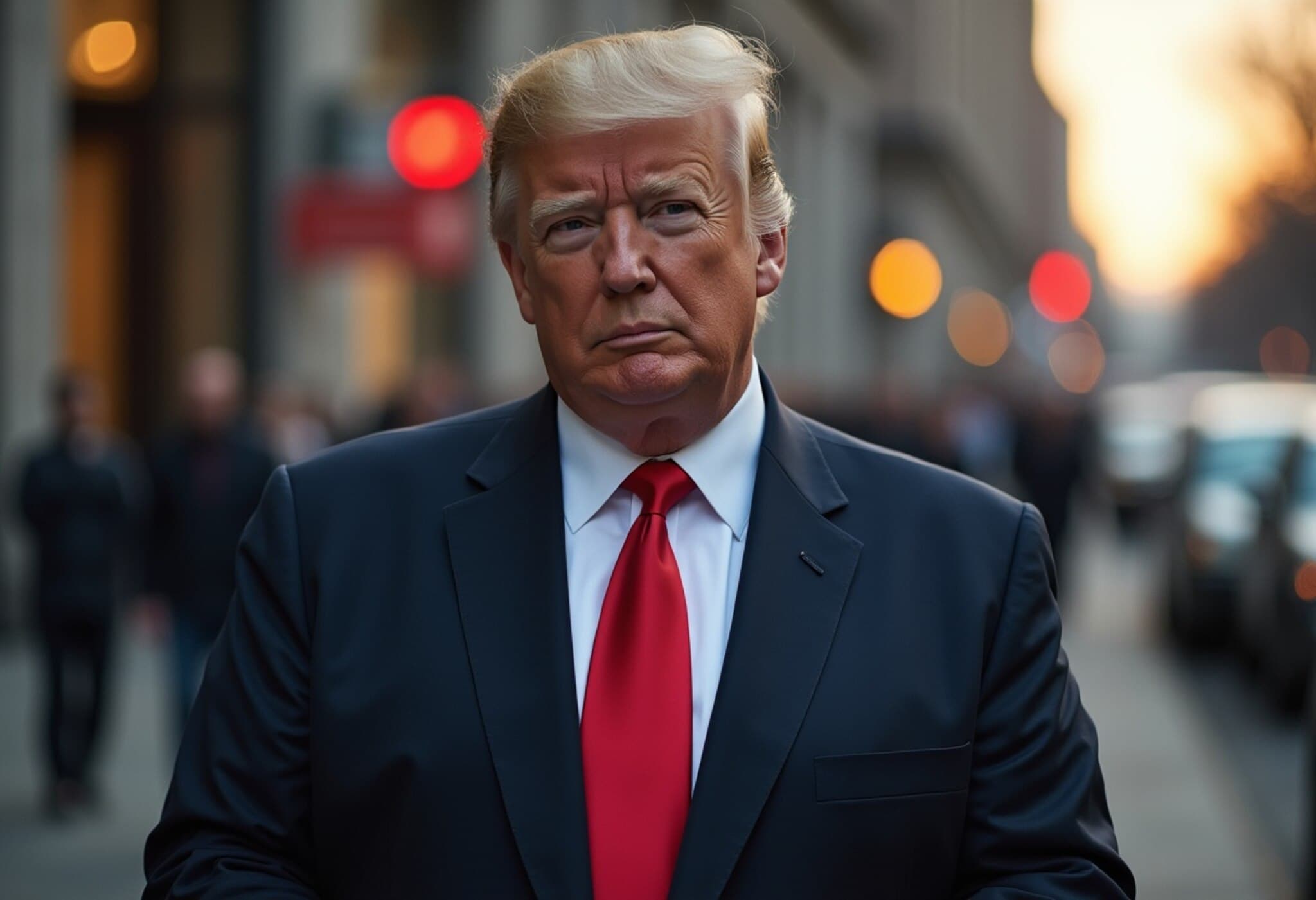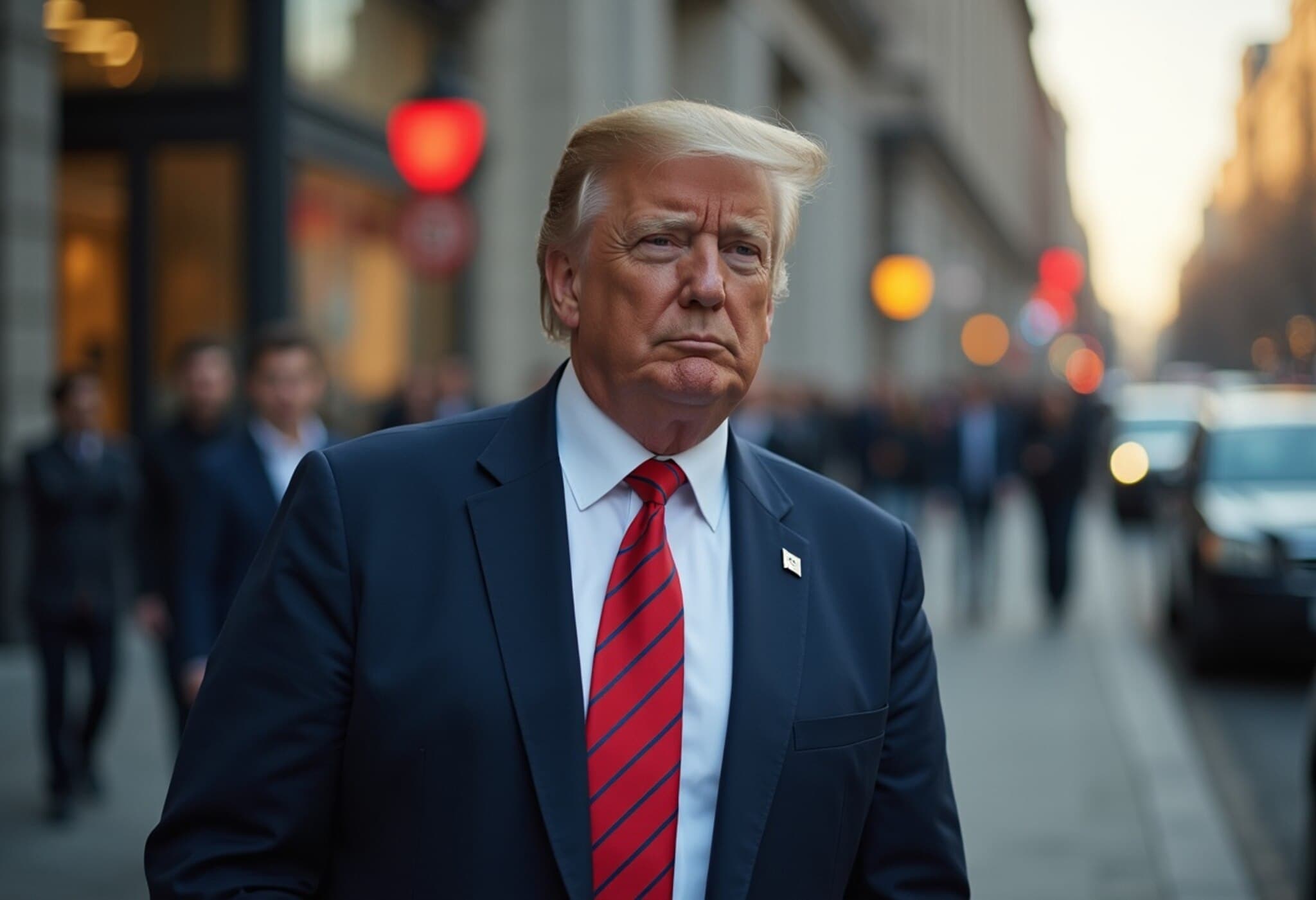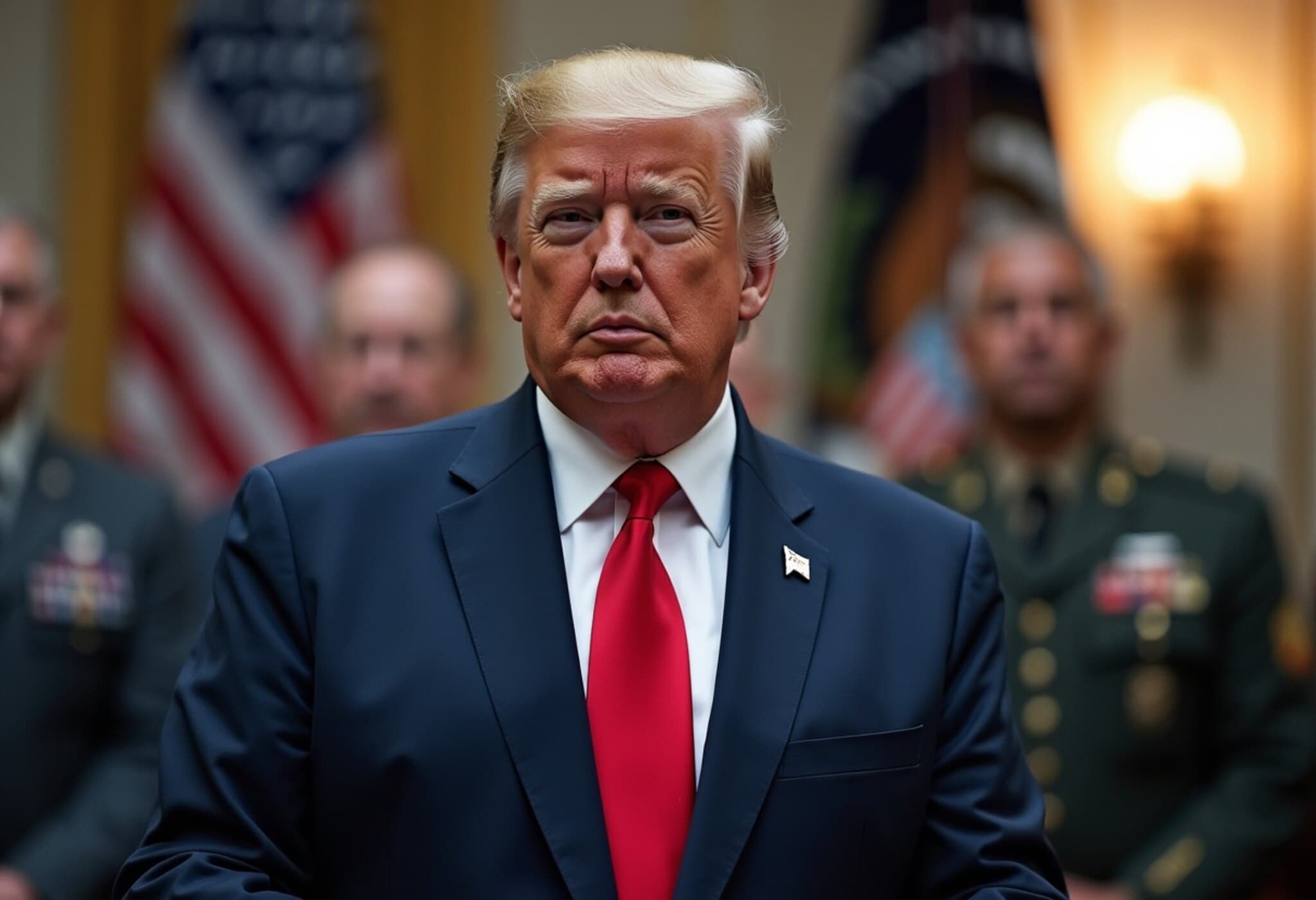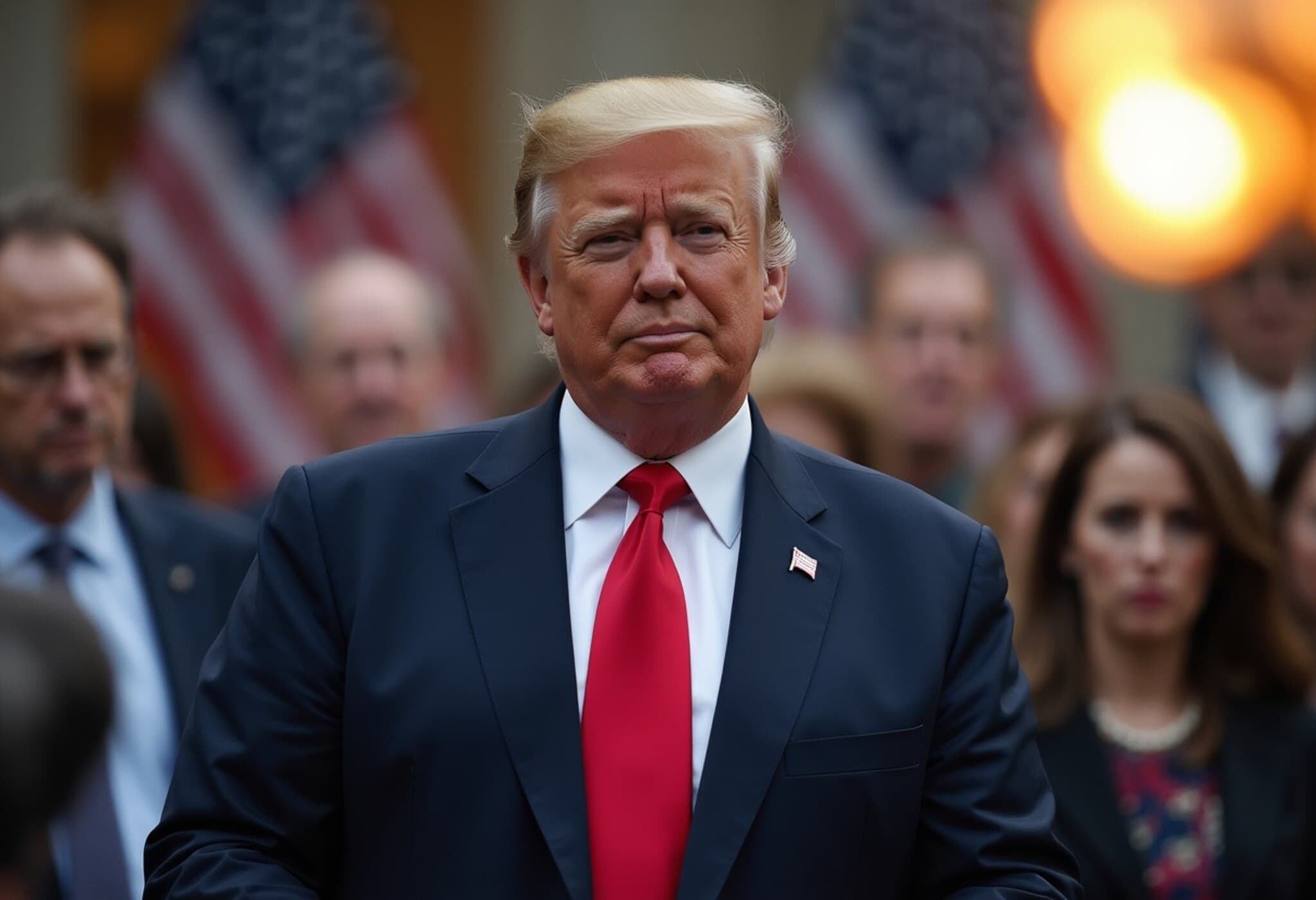Immigration Policy Shift Leaves Amazon Warehouse Workers Unemployed
Recent changes in U.S. immigration enforcement under the Trump administration have led to the termination of critical humanitarian programs, directly impacting Amazon warehouse employees from countries such as Haiti and Venezuela. These policy reversals have forced Amazon and other major employers to dismiss workers unable to renew their work authorizations, igniting concerns about economic stability and immigrant rights amid deeply uncertain times.
The Human Face Behind The Headlines
Daphnee Poteau, a Haitian immigrant who moved to the United States in 2023 and began working at Amazon’s Indianapolis returns center, shares a story not uncommon in today’s workforce turmoil. After receiving notice from the Department of Homeland Security (DHS) that her parole program was terminated, Poteau was let go from Amazon on June 28. She and her husband Kristopher Vincent, a longtime Amazon employee, face mounting fears about housing affordability and navigating the complex immigration system.
“We're taking it day by day, but the stress of possible deportation looms,” Vincent said. He pointed to what many immigrant communities perceive as inconsistent enforcement of laws, highlighting the broader struggle against bureaucratic and political uncertainty.
How It Happened: Immigration Policy Reversals
The revocation of Biden-era humanitarian parole and Temporary Protected Status (TPS) programs for vulnerable populations from Haiti, Venezuela, Nicaragua, and Honduras stems from broader Trump administration crackdowns. These programs allowed individuals fleeing violence and humanitarian crises to live and work temporarily in the U.S.
DHS justified ending protections for Haitians by asserting improved safety conditions in Haiti. However, this assessment contradicts reports from humanitarian organizations and immigrant advocates who cite ongoing violence and instability, including armed gangs controlling large parts of Port-au-Prince.
The Corporate Response and Workforce Implications
Amazon has confirmed the impact of these changing federal policies on its workforce but has not disclosed exact numbers of affected employees. The company initiated requests for updated work authorizations from impacted workers before resorting to dismissals or unpaid leave. Amazon stated it is providing legal and counseling support to affected staffers, but the timing—right before Amazon’s high-demand Prime Day sales period—accentuates operational challenges.
Other industry giants like Walmart and Disney have likewise reacted by laying off or putting employees on leave to comply with the evolving federal mandates.
Broader Economic and Social Consequences
- Workforce Dependency: Immigrant workers represent a vital segment of large employers like Amazon, which aimed to hire thousands of refugees and displaced individuals through 2024. These terminations disrupt both workers’ lives and businesses’ staffing models.
- Legal Vulnerabilities: Job loss often coincides with the loss of legal status, elevating the risk of deportation for individuals who have long contributed to the economy by working and paying taxes.
- Humanitarian Concerns: The termination of protections disregards ongoing violence and instability in countries like Haiti, raising ethical questions about forced repatriation amid unsafe conditions.
Expert Commentary: A Crossroads of Policy and Human Rights
Immigration policy experts suggest that abrupt reversals without clear transitional support deepen vulnerabilities for immigrant communities. The legal battles, such as recent federal court rulings protecting Haitian TPS recipients, illustrate the contested nature of these policies. Meanwhile, immigrant advocates call for more compassionate frameworks that recognize immigrants’ multifaceted contributions to American society beyond mere economic factors.
Looking Ahead: What Does This Mean For The Future?
As the Biden administration pledges to appeal rulings blocking the termination of TPS protections, millions remain in limbo. For workers like Poteau, Vincent, and Serge—a Haitian worker recounting personal trauma of violence at home—the stakes are profoundly personal.
Businesses and policymakers must grapple with how immigration policy, economic imperatives, and human rights intersect. The story of these Amazon warehouse employees serves as a poignant reminder that behind every legal memo and congressional decision lie real lives striving for dignity and security.
Editor's Note
While immigration enforcement priorities continue to evolve, this unfolding situation raises important questions about the balance between national policy interests and humanitarian responsibilities. How can U.S. employers and government agencies better support immigrant workers caught in policy crossfires? And what does economic reliance on immigrant labor mean for discussions about fairness, justice, and inclusion? As the debate advances, it is vital to amplify the voices of those most affected to craft informed, humane responses.


